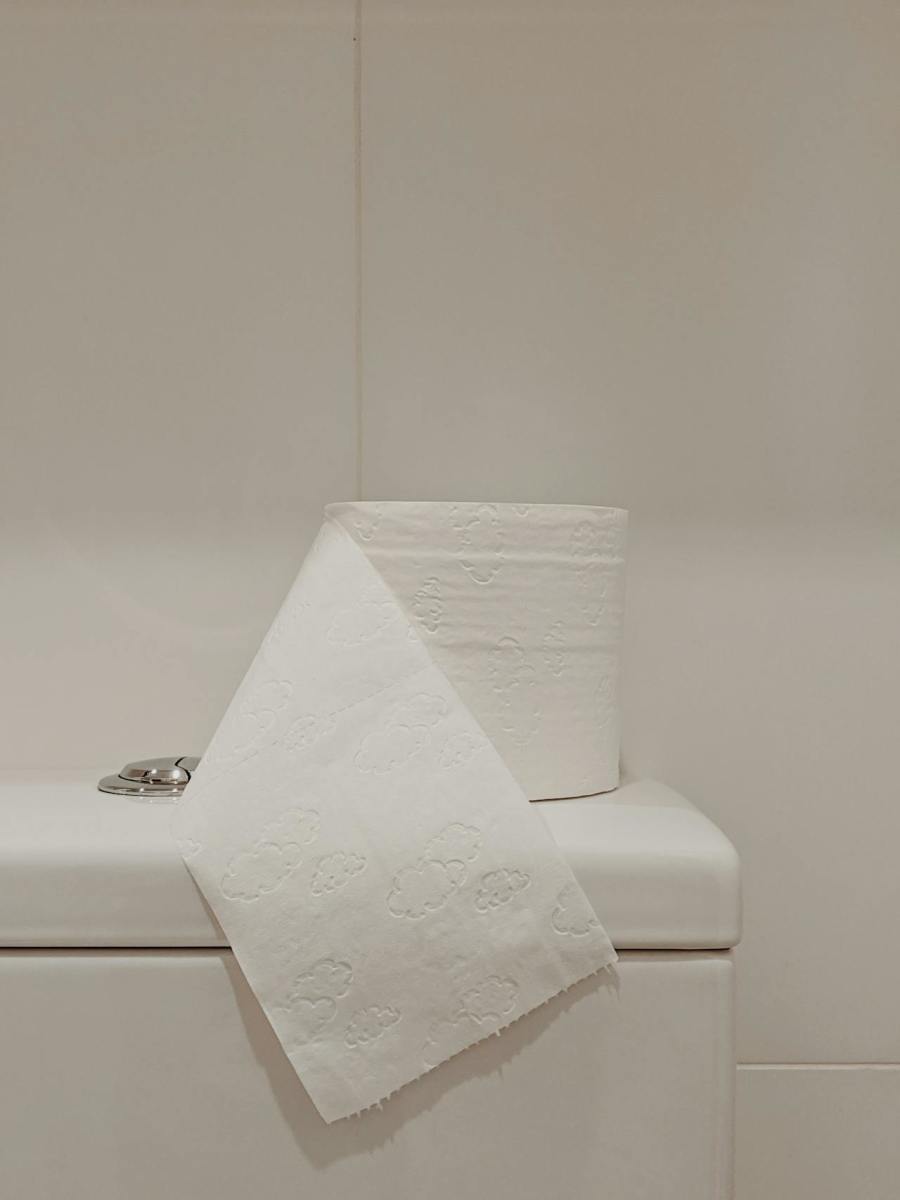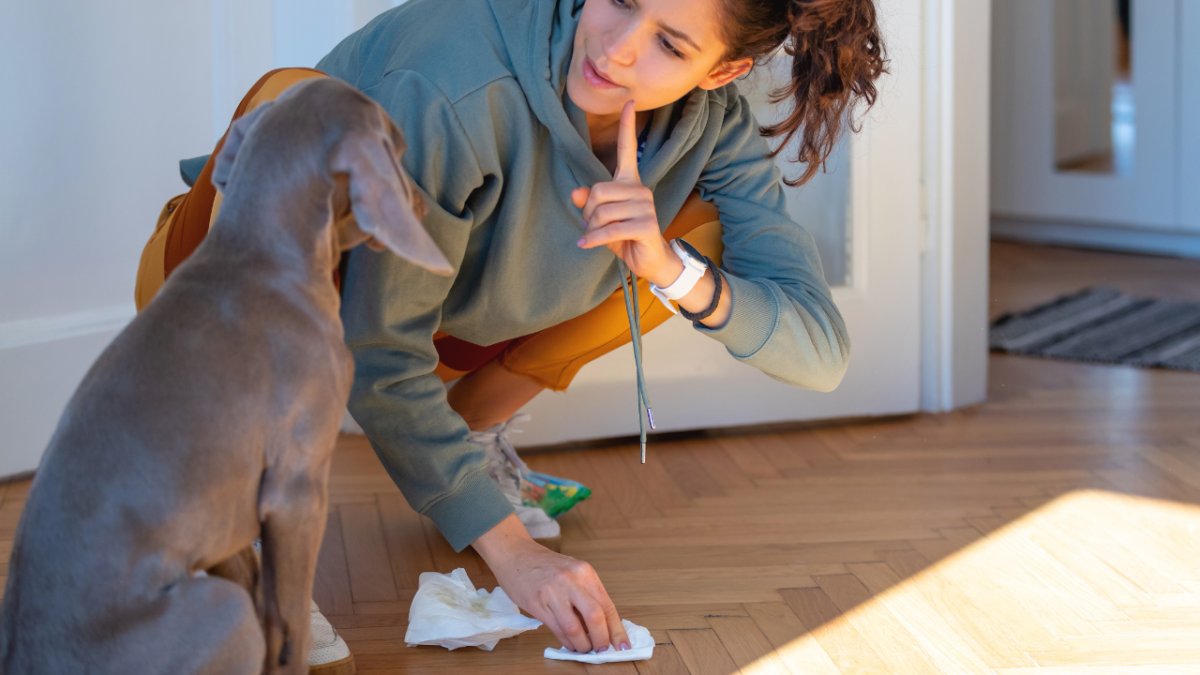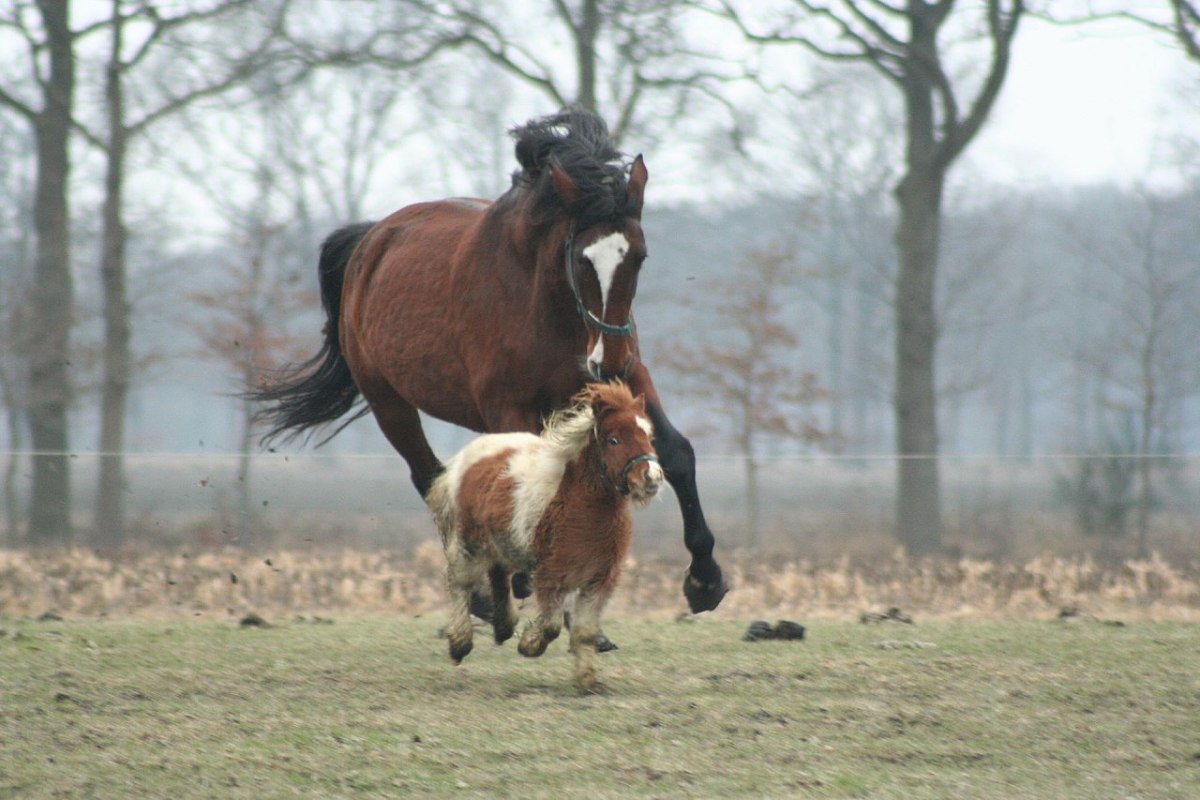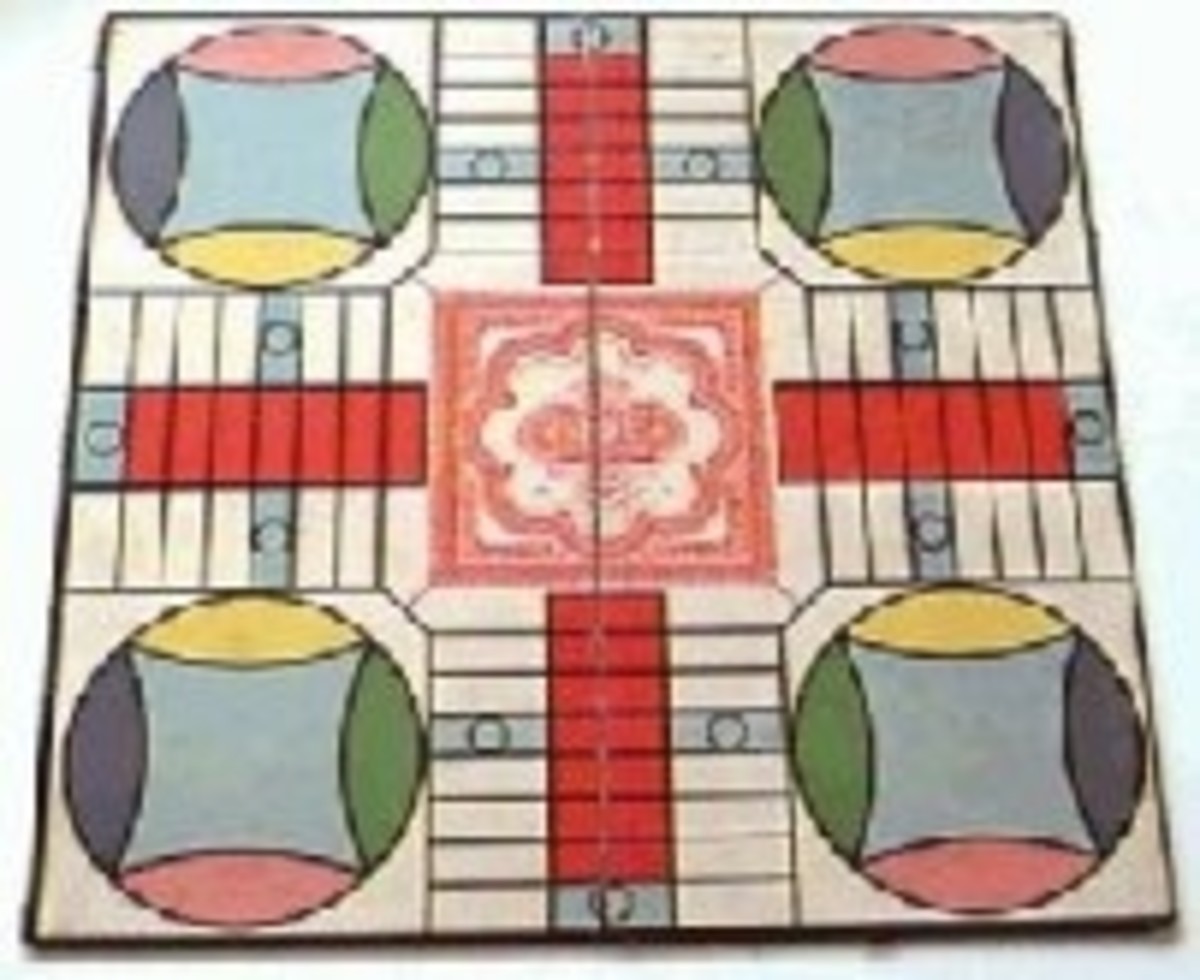Signs Your Child is Ready for Potty Training
Unfortunately, children do not come with handbooks, and they do not have those cool pop-up timers like turkeys and some large roasts to tell you when they're "done" with a stage. What they do have is a complex series of actions and words that can give a parent mixed cues about whether or not their child is ready for something new. In between all of these cues, there are some clear indicators of a child's readiness to potty train.
The first of these indicators is a recognition of bodily functions. Does your child tend to "hide" or go off somewhere alone when having a bowel movement? Does your child shudder or pause his or her play when urinating? These are clear indications that your child is starting to recognize that something is happening. When children become aware of what is going on with their body, even if they don't have the words to express it, it becomes a good time to give them the words and help them understand what is going on. At this point, teach them the words you want them to use. Start looking a books and talking about what potty is and what's so great about being potty trained. Examples of the benefits (for some of us who don't think of them right away) include the fact of not having to sit in a wet/cold diaper, being able to wear light-weight underwear that is easier to get on and off, and the cool colors and designs on "big kid" panties.
Another indicator is if your child is able to stay dry for increasing periods of time. Does your child remain dry for roughly 30 minutes after a new diaper is put on? Does your child wake up from naps dry or nearly dry and then urinate upon waking? Does your child urinate shortly after waking up in the morning? These are all indications that your child is learning bowel and bladder control and is ready to start potty training. When you see this happening, point it out. Help your child learn the connection between the feeling of a full bladder, the relief / feeling of actually urinating, and the after-effect of a wet diaper. Young children can not sequence events independently. They learn from their parents, and so it is very important to help your child recognize the "before", "during", and "after" of urinating.
Finally, is your child showing an interest? Does your child suddenly notice "big kid" or adult underwear? Does your child want to see what you're doing when you go into the bathroom? Does your child (when in a bathroom with you) comment or notice when you urinate? These are all signs that your child is ready to start potty training. While it may seem uncomfortable to some parents to have a small child in the bathroom with them, the fact is (and talk to a stay-at-home mom if you're not sure) it's frequently hard to get into the bathroom WITHOUT a small child. This can become a great opportunity for teaching about toileting through modelling the behavior. Children look up to their parents (at this age, anyway), and so seeing a parent actually doing what is being taught can be a great reinforcement.
Generally most children start potty training at somewhere between 2 and 3 years of age, and girls tend to be ready earlier than boys because of the physical layout of their bodies. There are some indications that your child is NOT ready to start potty training. These include an aversion to the toilet (whether fear or indifference), frequent and uncontrolled urination, and bowel movements that are still very loose and runny.
There are also some exceptions to this as in the case of a physical disability, cognitive impairment, or in the case of premature birth. If any of these factors are true for your child, you may need to allow a little extra time for your child to "catch up" to similar-age peers.
Then, of course, there are children who have no physical or mental concerns but who just don't seem to care about wearing a diaper. Don't sweat it! Each child learns at his or her own pace, and it's not uncommon for siblings in the same household develop at different rates.
If you're still not sure about whether or not your child is ready to start potty training, consider talking to another person who provides a large amount of care for your child (spouse / partner, family member, or babysitter) and talk to your child's doctor. These people can all give you their opinion and help you make the decision to start potty training or to wait a bit longer.








